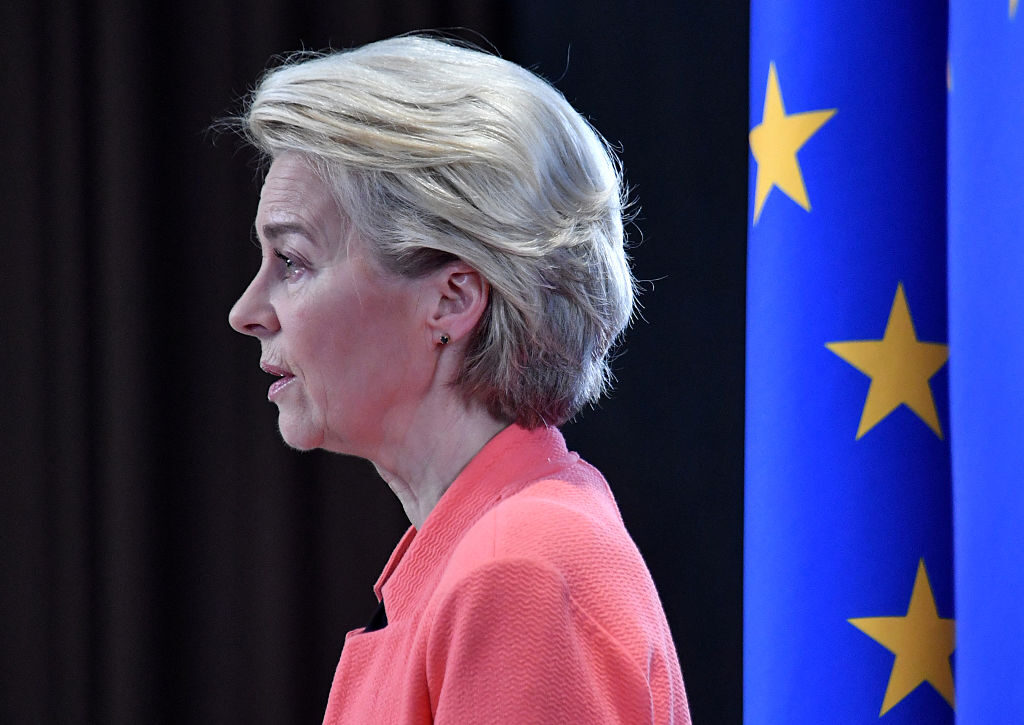In the wake of Donald Trump’s hot-and-cold trade war, Europe has attempted to get closer to China. Spanish Prime Minister Pedro Sánchez this week flew out to meet Xi Jinping in Beijing. A visit by European Union leaders is on the cards for July. Last year the Europeans were still in defensive mode, slapping their own tariffs on Chinese vehicle imports — but now these could be negotiated away.
With transatlantic relations strained to breaking point, drawing closer to America’s greatest rival might therefore seem in order. While the move is understandable, the question remains as to whether it is smart. Oren Cass argued for the Financial Times yesterday that the new American worldview is not motivated by delusions of grandeur — in fact, quite the opposite. The unipolar world order was always a temporary phenomenon, and now it’s over. The US will have its sphere of influence, but other great powers — especially China — will have theirs, too. That’s why the European attempt to flirt with Xi to make Trump jealous won’t work. The new America isn’t looking for flattery: it’s asking its allies to pick a side.
That’s not a real choice, of course. Besides political or military considerations, American companies have roughly $4 trillion invested in Europe, while the figure for European organizations in the US is $3.4 trillion. These sums dwarf the continent’s limited stakes in China; so when America says that it wants a new relationship based on balanced trade, higher defense spending and a common front against Chinese influence, Europe needs to listen.
Far from turning away from Trump, the EU should be taking the initiative in building a new transatlantic relationship. Firstly, leaders should be cracking down on trade-distorting practices by EU member states. For instance, Brad Setser of the Council on Foreign Relations points out that “the $84 billion deficit that the US has run with Ireland in pharmaceuticals on its own accounts for about 1/3 of the total US bilateral trade deficit with the EU.” Most of this surplus is the result of “transfer pricing games” enabled by Irish tax policies. Eliminating tax havens across the EU wouldn’t just strengthen the Single Market: it would cut the size of the trade imbalance with America.
Secondly, the EU should dissuade France from linking a much-needed defense deal with the United Kingdom to access to British fisheries. Kaja Kallas, the EU’s High Representative for Foreign Affairs and Security Policy, has hinted at her frustration with this short-sighted selfishness, but other leaders need to join in. How will the EU ever be able to make timely decisions if each initiative becomes bogged down in opportunistic and irrelevant horse-trading?
Another important step would be to end Europe’s regulatory war against Silicon Valley. If the EU had an impressive tech sector of its own, then a degree of protectionism might make sense — but, with very few exceptions, it doesn’t. A reported rethink of the EU’s burdensome GDPR legislation would make excellent kindling for a much bigger bonfire of anti-tech red tape. In its place, Europe should cooperate with America to create a shared and secure market for internet infrastructure, artificial intelligence, driverless vehicles and other future-shaping technologies.
For all his faults, Donald Trump understands that the world is changing. Europe, however, still lacks leaders with the maturity to do the same.











Join the discussion
Join like minded readers that support our journalism by becoming a paid subscriber
To join the discussion in the comments, become a paid subscriber.
Join like minded readers that support our journalism, read unlimited articles and enjoy other subscriber-only benefits.
Subscribe